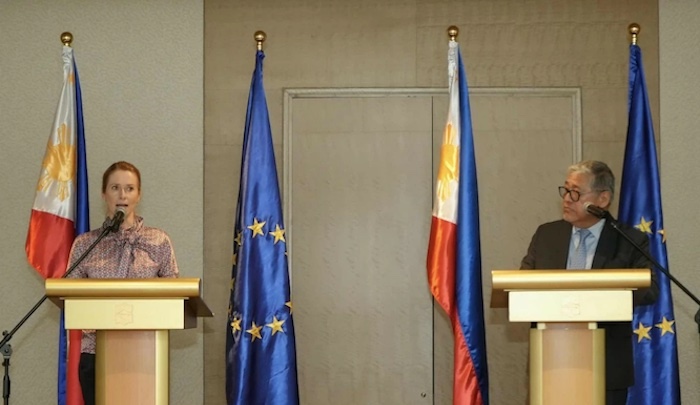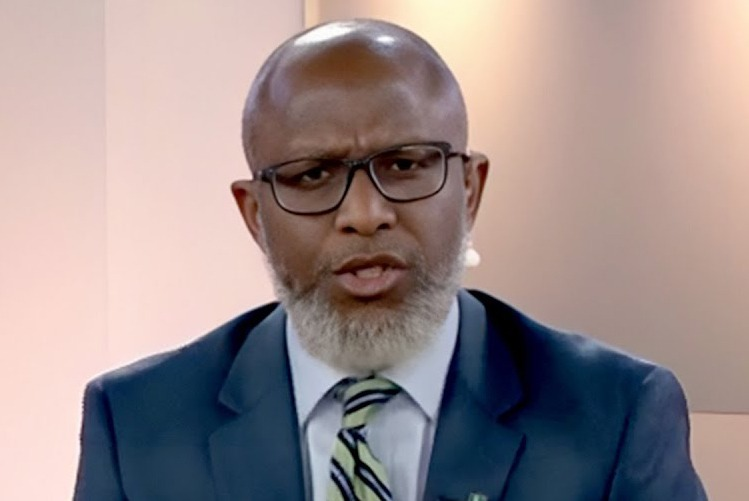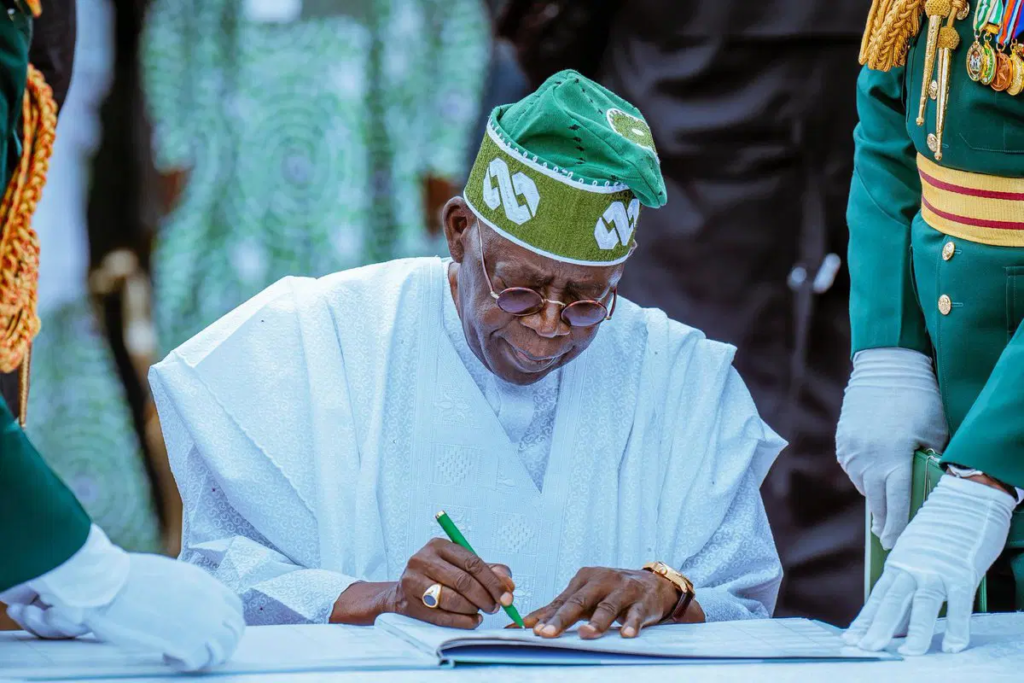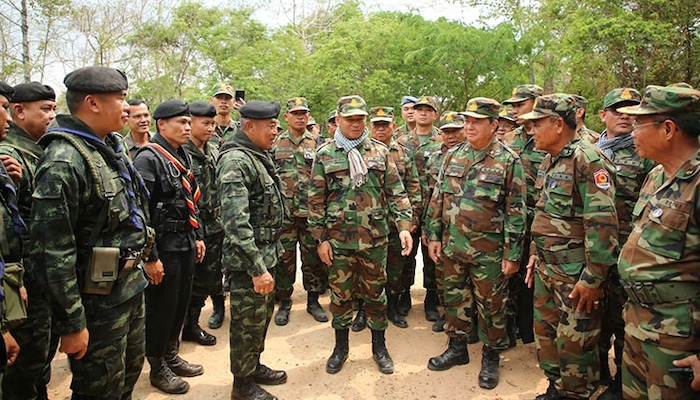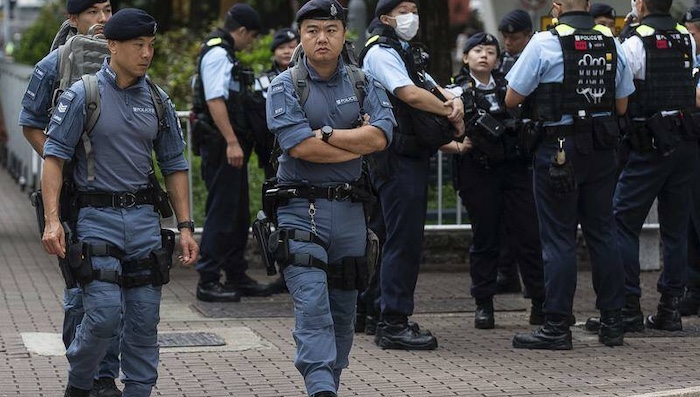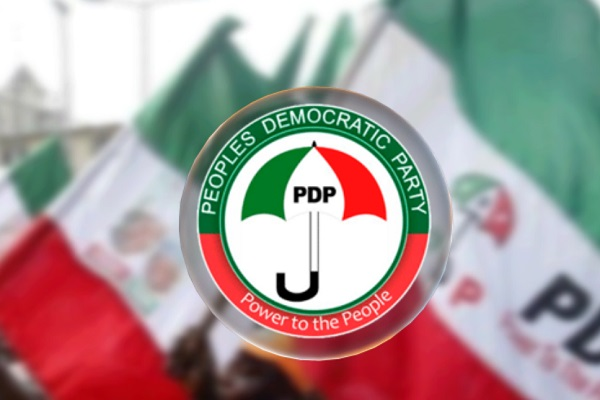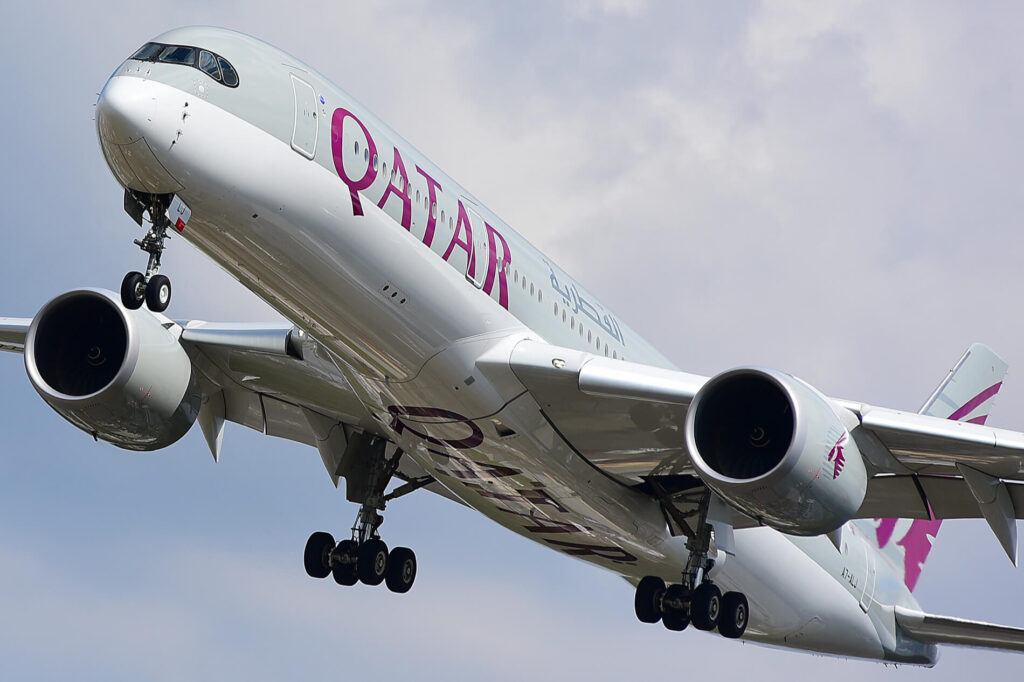The Philippines and the European Union have agreed to establish a formal dialogue on security and defense cooperation, with a focus on countering emerging threats such as cyberattacks, foreign interference, and disinformation campaigns, Philippine Foreign Affairs Secretary Enrique Manalo announced Monday.
The announcement came during the visit of EU foreign policy chief Kaja Kallas to Manila, where she held high-level meetings with Manalo and paid a courtesy call on President Ferdinand Marcos Jr.
Speaking at a joint press conference, Manalo emphasized the need for a proactive and united response to modern cross-border threats. “Through this security and defense dialogue, we hope to remain proactive and united in addressing emerging security threats that transcend borders — cyberattacks, foreign interference, and manipulation of information,” he said.
Kallas described the forthcoming dialogue as a “dedicated platform” to deepen defense cooperation between the EU and the Philippines. She said it would facilitate greater coordination, the sharing of expertise, and the development of joint initiatives on security matters.
The initiative will fall under the framework of the EU-Philippines Partnership and Cooperation Agreement, signed in 2012 and in effect since 2018. It marks a significant expansion of bilateral ties, broadening cooperation beyond trade and development into the fields of security and geopolitics.
Kallas reaffirmed the EU’s support for a rules-based international order and regional peace, particularly in maritime areas facing heightened tensions.
“We reject any unilateral attempts to change the status quo, especially those involving coercion,” Kallas said, in response to questions about the EU’s position on China’s assertive actions in the Indo-Pacific, including its claims over Taiwan and the South China Sea.
China claims nearly the entire South China Sea, overlapping with the exclusive economic zones of several Southeast Asian nations, including the Philippines. The EU has increasingly voiced concern over maritime security, the importance of freedom of navigation, and the need to uphold international law in the region.
The new security dialogue is expected to strengthen strategic ties between the EU and the Philippines, while enhancing both parties’ ability to respond to global and regional challenges.

